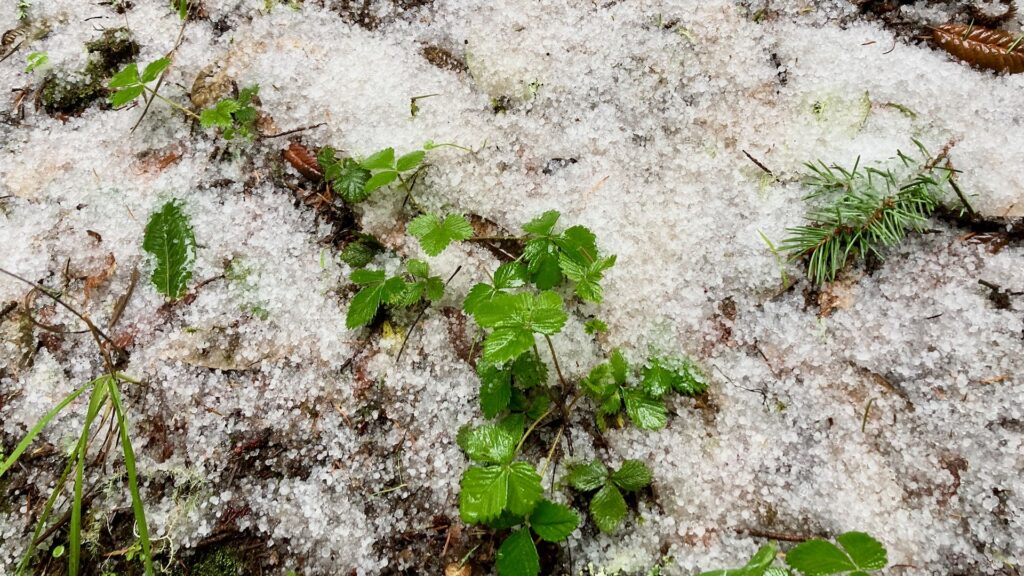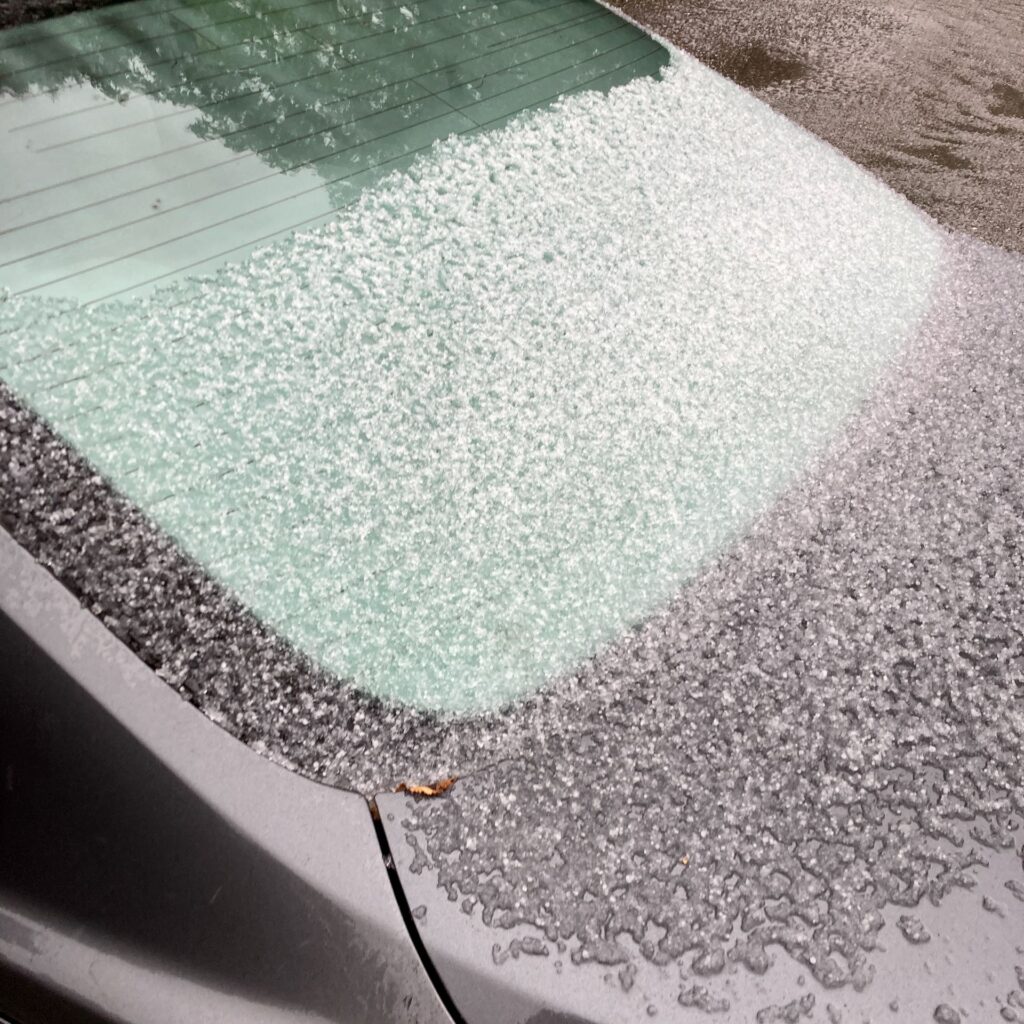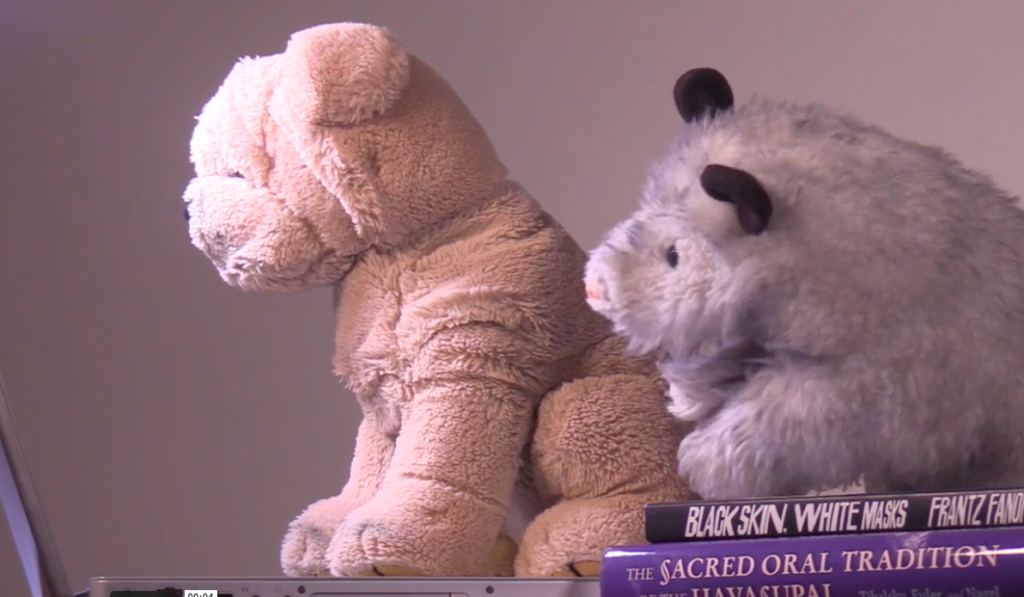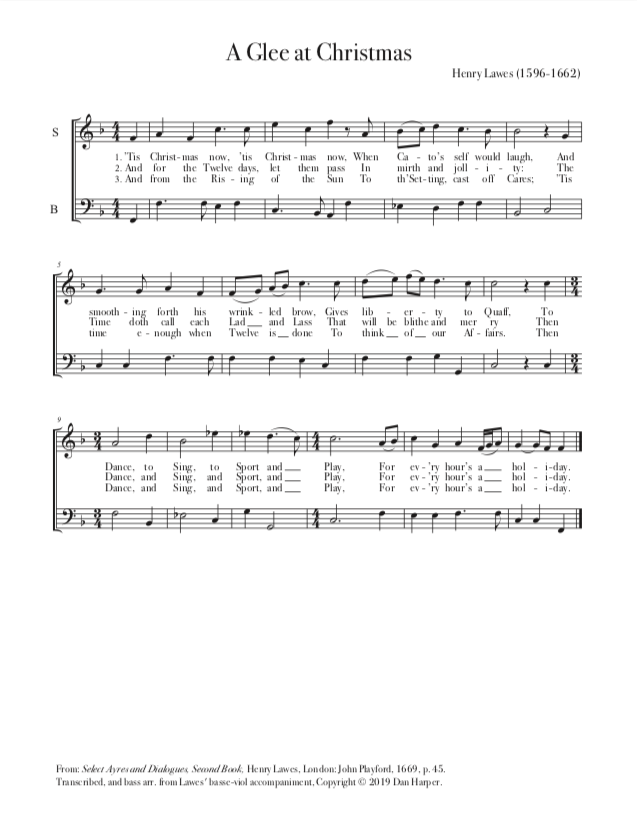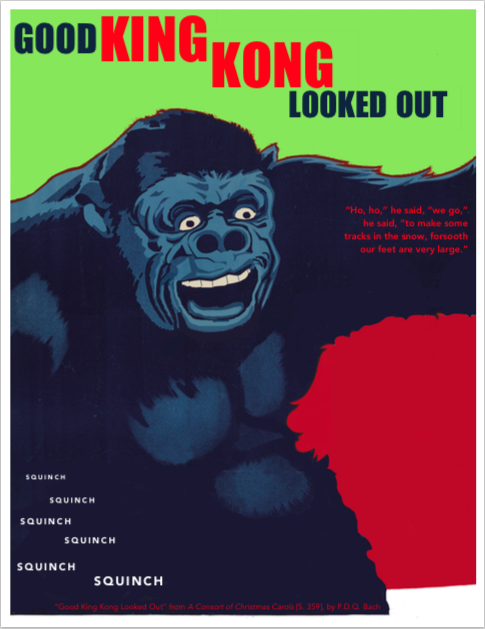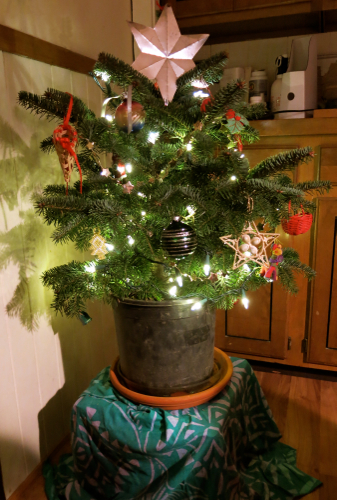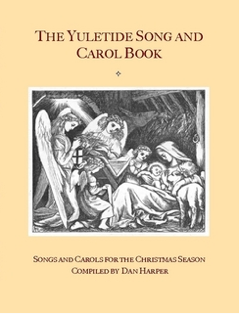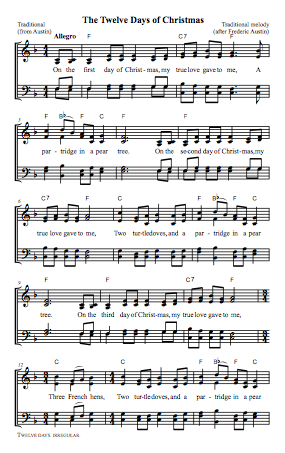Sometimes I wish we could get over the big emphasis on Christmas as being the darkest time of the year.
First of all, the latitude of the land of Judea where Jesus was born is about 32 degrees north. (That’s about the same latitude as San Diego, California.) At 32 degrees, the length of night at the winter solstice is about 14 hours, just 2 hours longer than at the equinox — enough to notice, but not enough to permeate a holiday.
If you’re into the historical Jesus, as opposed to the Jesus of the Christian scriptures, then you know that Jesus probably wasn’t born near the winter solstice. It appears that the feast commemorating his birth was moved to the winter solstice sometime in the early years of Christianity.
If you’re not into the historical Jesus, then you should be thinking about Christmas as a universal holiday. So consider this: when Christmas is celebrated in the equatorial regions, Christmas night is exactly the same length as any other night. And the further south you go, the shorter Christmas night gets. Christians in Patagonia or Tasmania do not experience Christmas as “the darkest night.”
We could also talk about the weird racial overtones of calling something “the darkest night.” If you think in racial terms, all those Christmas carols and Advent carols and Christmas sermons talking about how the darkness of a winter night needs to be replaced by the great light of Christianity start sounding a little creepy. Like maybe there’s some colonialist thinking, or som anti-Black prejudice creeping in there.
Besides, the Christmas story as it appears in the Christian scriptures doesn’t make a big deal about darkness versus light. Yes, John 1:5 says “The light shines in the darkness, and the darkness did not overcome it.” But John actually says nothing about the birth of Jesus. That’s right, nothing at all. Nor does Mark say anything about the birth of Jesus. Matthew sort of passes over the actual birth, and jumps into the magi.
Only Luke tells about the actual birth, and all that Luke says is this: “While they were there, the time came for her to deliver her child. And she gave birth to her firstborn son and wrapped him in bands of cloth, and laid him in a manger, because there was no place for them in the inn.”
So Luke doesn’t actually say that Jesus was born at night. We just assume he was born at night, because next Luke tells us about the shepherds keeping their flocks at night. But notice — Luke does not say the angel announced the birth of Jesus to the shepherds precisely at the moment when Jesus was born. Or if the angel did, the birth still could have taken place just after sunset. Nowadays, we assume that Jesus was born right at midnight, but I suspect we only do that because it’s when we have all those midnight worship services.
Even if we assume that Jesus was born right after midnight — the time when people have all those midnight services — does that make darkness bad? No, of course not. It could be just the opposite: darkness is good because that’s when Jesus was born. So there’s no need to talk about the light of Jesus’s birth displacing the darkness of evil.
Maybe it would be for the best if we’d just admit that when we talk about darkness and longest nights at Christmas time, we’re really talking about the winter solstice. We’re really combining the winter solstice celebration with Christmas. I like the idea of mixing a pagan holiday with a Christian holiday — but as long as we’re going to do that, we might want to learn some pagan theology. Starhawk would be a good place to start:
“In the ancient Goddess traditions, darkness was not something fearful. White, the color of bone, of snow, was the color of death. Black, the color of fertile soil, was connected to the darkness of the womb, to gestation, fertility, possibility and Mystery.”
Darkness is good. Darkness is about fertility and possibility. Darkness is about embracing the Mystery.
So if Christmas is about darkness, then when we light candles at Christmas, we’re not trying to dispel the darkness. Candles don’t dispel darkness so much as they let us enjoy the darkness. By lighting candles, we’re embracing the darkness, embracing the mystery of new birth.

